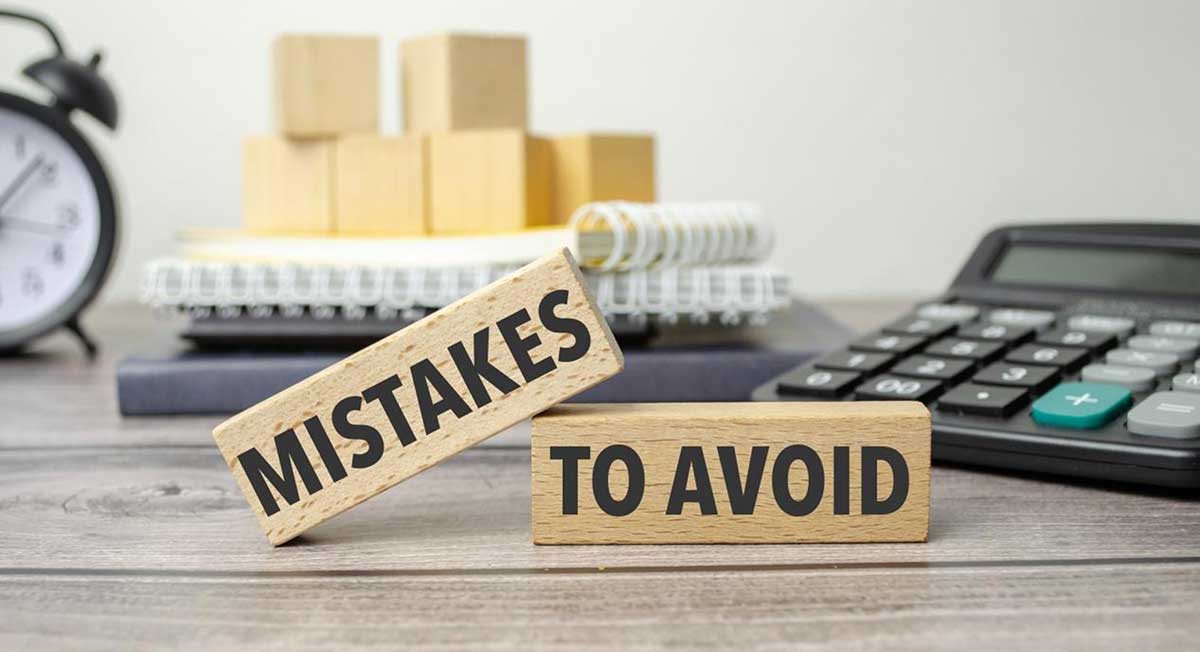Top 10 Sales Mistakes and How to Avoid Them
Sales performance is often shaped by the smallest habits, both good and bad. Minor oversights can lead to missed opportunities, lost revenue, and weakened client trust. Dynamo Selling understands these challenges and works closely with professionals to eliminate the most common errors in the sales process. By refining approach, mindset, and technique, businesses can achieve stronger connections, higher conversions, and long-term success in a competitive market.
Key Takeaways
- Listening matters more than pitching.
- Vague goals create vague results.
- Neglecting follow-up kills momentum.
- Overloading with features loses the buyer.
- A generic pitch doesn’t win loyalty.
10 Sales Mistakes and Ways to Prevent Them
Achieving success in sales isn’t just about being persuasive, it’s about avoiding the missteps that can derail your momentum, damage relationships, or cause deals to slip through your fingers. Whether you’re new to sales or looking to sharpen your skills, being aware of common pitfalls is essential for continuous improvement and long-term success. Below are the most frequent sales mistakes professionals make and how to avoid them effectively.
1. Talking More Than Listening
- Mistake: Many salespeople fall into the trap of talking too much, eagerly pitching their product before truly understanding the customer’s needs.
- Avoid it: Practice active listening. Ask open-ended questions, listen attentively, and take notes. Let your prospect speak at least 60–70% of the time. The better you grasp their challenges, the more effectively you can craft your pitch.
2. Failing to Research the Prospect
- Mistake: Walking into a sales call or meeting without knowing who the prospect is, what their business does, or what challenges they face shows a lack of professionalism and preparation.
- Avoid it: Do your homework. Use LinkedIn, company websites, and recent news articles to understand the prospect’s role, industry, and potential needs. Personalized outreach dramatically increases engagement and trust.
3. Overpromising and Under-Delivering
- Mistake: To close the deal, some salespeople make unrealistic promises about what their product or service can do.
- Avoid it: Be honest about capabilities and limitations. It’s better to under-promise and over-deliver than to lose customer trust and damage your brand’s reputation.
4. Not Following Up
- Mistake: Many deals are lost simply because the salesperson didn’t follow up. A lack of persistence often leads prospects to assume disinterest.
- Avoid it: Set reminders to follow up within 24–48 hours after a meeting or proposal. Use polite and professional communication using emotional intelligence to stay on the prospect’s radar without being pushy.
5. Pushing Too Hard, Too Soon
- Mistake: Aggressive selling early in the conversation can make prospects feel uncomfortable and resistant.
- Avoid it: Focus on building rapport first. Understand the customer’s timeline and readiness to buy. Guide them through the decision-making techniques rather than forcing a sale.
6. Ignoring the Gatekeepers
- Mistake: Treating assistants, receptionists, or junior staff as obstacles rather than valuable contacts is a common misstep.
- Avoid it: Be courteous and respectful to everyone you speak with. Gatekeepers can often provide insights, help you navigate the organization, or even influence the decision-maker.
7. Neglecting to Address Objections
- Mistake: Some salespeople get flustered by objections or avoid addressing them altogether, hoping they’ll go away.
- Avoid it: Welcome objections, they show interest. Prepare answers to common concerns (e.g., price, timing, competition). Use objections as opportunities to deepen the conversation and reinforce your value proposition.
8. Focusing Only on Price
- Mistake: Competing solely on price leads to a race to the bottom and often devalues your product or service.
- Avoid it: Shift the conversation to value, outcomes, and Return of Investment R Focus on showing the customer the long-term value your solution offers, not just the initial cost.
9. Not Qualifying Leads Properly
- Mistake: Wasting time on prospects who aren’t a good fit or aren’t ready to buy can drain your energy and skew your pipeline.
- Avoid it: Use a qualification framework. Direct your efforts toward leads that align with your ideal client profile.
10. Failing to Ask for the Sale
- Mistake: Many sales conversations fizzle out because the salesperson never clearly asks for the business. Fear of rejection often holds them back.
- Avoid it: Be confident and direct. Summarize the benefits, address any final concerns, and ask, “Shall we move forward?” or “Are you ready to get started?”
Bonus Tip: Neglecting Post-Sale Relationships
While this technically goes beyond the close, one of the most overlooked aspects of sales is nurturing the relationship after the sale. Customers who feel forgotten are unlikely to return or refer others.
- Avoid it: Follow up post-sale to ensure satisfaction, offer onboarding support, and maintain regular check-ins. Satisfied customers often turn into loyal buyers and trusted brand advocates.
Mastering the sales method requires more than confidence and charisma, it demands consistency, preparation, and empathy. Even small missteps, like neglecting to follow up or focusing too heavily on price, can turn a warm lead cold. Sales professionals who actively refine their approach and stay alert to these common errors are better positioned to build trust and close deals. From doing proper research to handling objections with confidence, each improvement creates a more professional and customer-focused experience. Avoiding these pitfalls isn’t just about closing more sales, it’s about building lasting relationships and becoming a trusted advisor in the eyes of your clients.
Conclusion
Sales success isn’t about doing more, it’s about doing it right. By avoiding these common mistakes and refining your approach, you’ll close more deals and build stronger client relationships. If you’re ready to elevate your sales strategy, contact us today. Our tailored training programs are designed to help you perform at your best, consistently.
FAQs:
What is the most common mistake in sales?
A frequent mistake in sales is speaking more than listening. True effectiveness begins with understanding the client’s needs before offering a solution.
How can I prevent leads from going cold after the initial meeting?
Have a structured follow-up plan. Send a personalized message within 24 hours and schedule consistent check-ins to keep the lead engaged.
Why do some pitches fail even with a good product?
Often, it’s because the pitch focuses on features instead of the client’s specific challenges. Customization and relevance are key.
What role does emotional intelligence play in sales?
Emotional intelligence helps build rapport, handle objections calmly, and recognize unspoken concerns, leading to deeper trust and better outcomes.
Can sales skills be improved with training?
Structured training builds confidence, introduces effective techniques, and helps individuals develop a mindset focused on growth and results.



